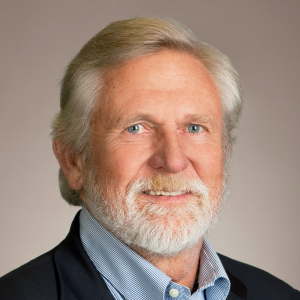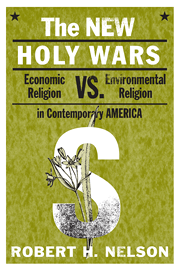Economics has never been, nor could it ever be, free of value judgments. The economy is not isolated from the rest of society, cordoned off from the lively world of competing beliefs. Rather, questions of the organization of the economy, and of the economic policies to be pursued, are interwoven with other social concerns and public policy in general. Economists often lose sight of the altogether interconnected nature of the economic and the non-economic. The illusion of neutrality is reinforced by the radical simplification that often characterizes economic methods; in striving to make economic problems tractable for mathematical representation, inherent ethical considerations are obscured.
![]() Read the Full Article
(PDF, 13pp.)
Read the Full Article
(PDF, 13pp.)










